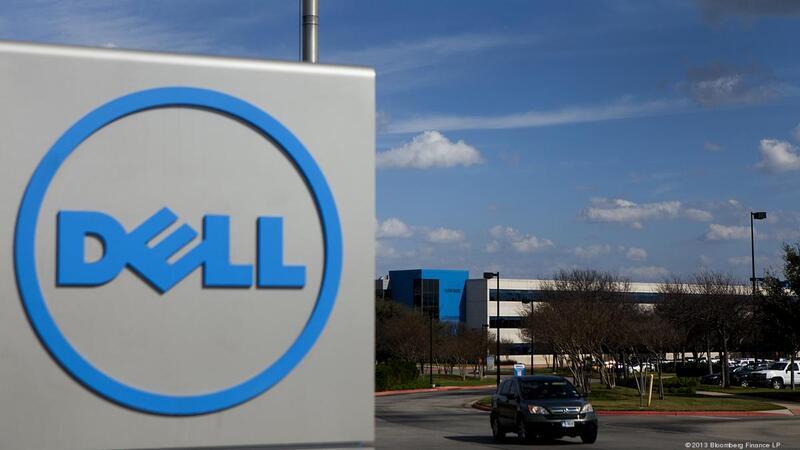
C3S: July 22 hottest day in recent history
July 22 was the hottest day on earth in recent history, according to the Copernicus ...

In the 2019 fiscal year, Dell partially met its goal of volunteering 5 million cumulative hours for social services. About 52 percent of Dell team members registered at least one volunteer activity through Dell online tracking system. Overall, team members volunteered 890,000 hours in FY19 — the highest annual total in our history of the goal. This represented a 22 percent increase compared to FY18.
Within the framework of CSR efforts, Dell managed to reach more than 3.6 million youth directly and over 12 million people indirectly in FY 19. The company’s strategic giving initiatives directly impacted over 992,000 youth and indirectly impacted 1.4 million people. This represented a 38 percent increase and a 13 percent increase, respectively, compared to FY18. One key growth driver was the move to provide more district wide programs during the school day, complementing Dell Technologies’ existing after-school programs. These programs include the company’s Solar Learning Labs (18 locations worldwide), Girls Who Code and learning platforms for students with disabilities.
Dell also managed in FY19 to serve the Sustainable Development Goals (SDGs) on Decent Work and Economic Growth as it continued to be recognized as an Employer of Choice in countries across the globe. Its opportunities for flexible work continue to earn team members’ appreciation and industry recognition, with rankings by FlexJobs Top 100 Companies with Remote Jobs in 2019 (#17) and Indeed’s Top-Rated Companies for Work/Life Balance in 2018 (#13). Forbes named Dell to the Best Employers for Diversity 2019 list.
Since FY12, the baseline year, Dell server portfolio has achieved the greatest reduction. Dell have reduced the energy intensity of its server portfolio by almost 78 percent.
In FY19, Dell published two studies looking at sustainability-related outcomes from specific IT-based solutions, for a total of four such studies since FY14. One study released this year focused on sustainability-related outcomes from the application of open data to mobility systems. The other explored the role of IT in enabling the integration of wind energy into the Texas electric grid.
Moreover, 100 percen of Dell Technologies-operated facilities have at least one active sustainability initiative, especially in the fields of equipment or building upgrades, renewable energy use, on-site services, water conservation, and employee engagement.
Dell has been one of key companies that worked hard to conduct responsible action to serve society and help achieve the Sustainable Development Goals (SDGs).
July 22 was the hottest day on earth in recent history, according to the Copernicus ...
Google has engaged in partnership with DHL to utilize the DHL Express GoGreen Plus service ...
Mars has announced registering a record 8% greenhouse gas (GHG) emissions reduction against its 2015 ...


اترك تعليقا